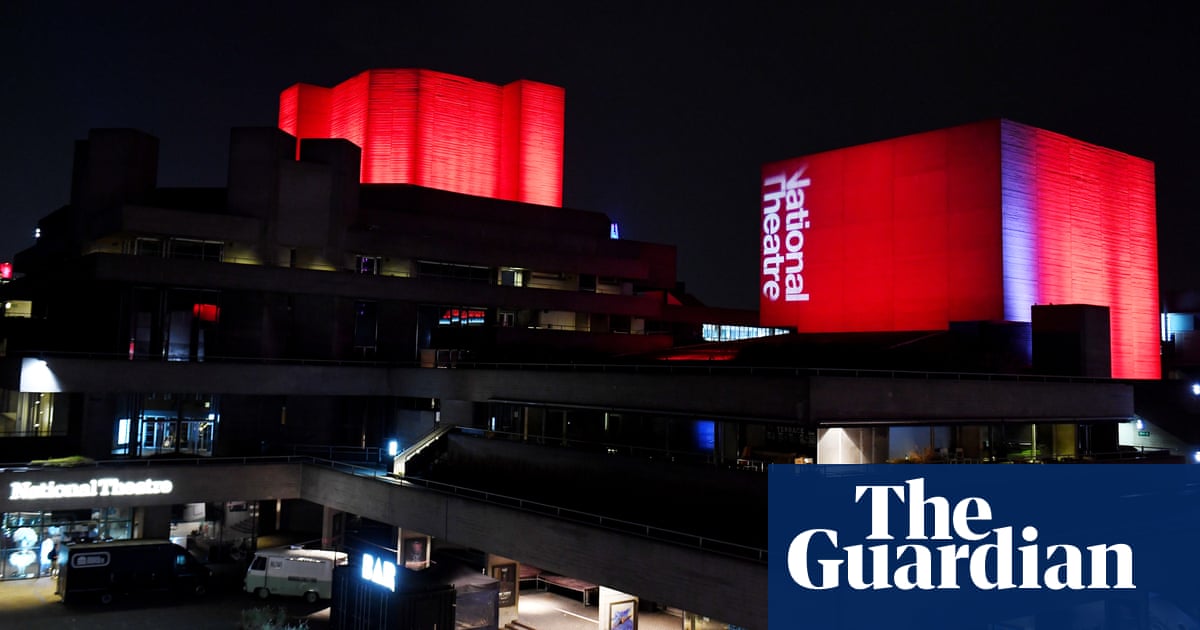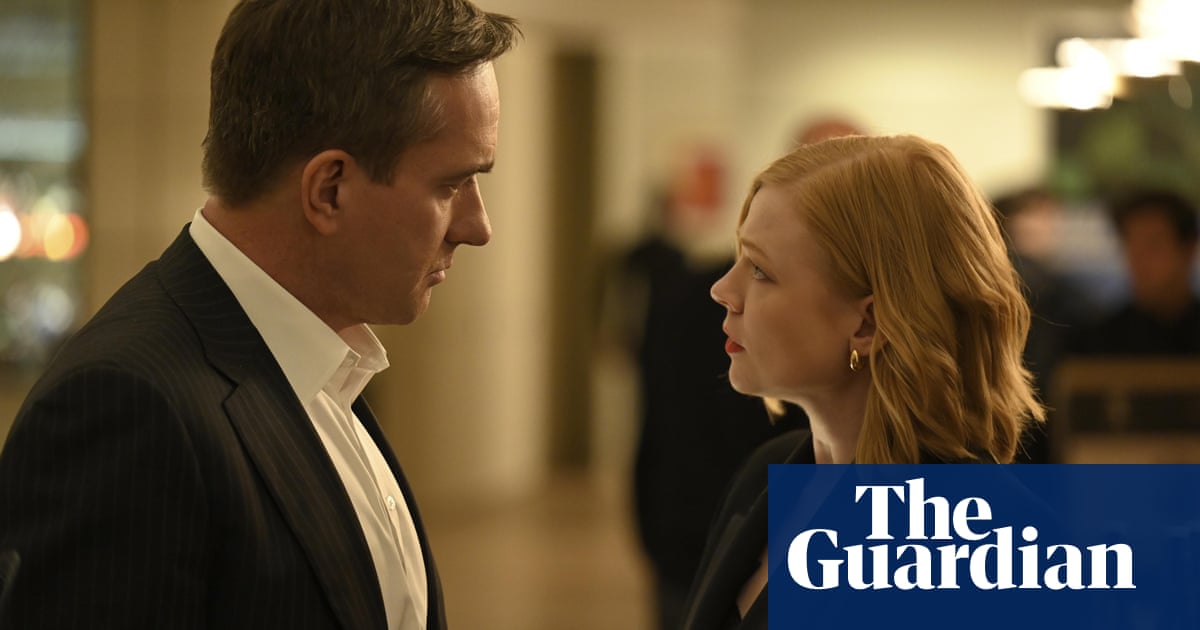
‘The drama’s laws the drama’s patrons give,” wrote Dr Johnson. He was wrong about aesthetics but he was right about audience power as proved by the news that the National Theatre in London is to pilot a scheme from February whereby selected performances will begin at 6.30pm. This is in response to a survey of 8,000 theatregoers who voted overwhelmingly for an earlier starting time.
It is the reasons people gave that are fascinating: they want more time to eat, to catch a train home and to discuss the performance. Although as a deadline-conscious critic I hardly ever ate out after a show, I was acutely aware of the problems involved: unlike Spain or Italy, we are not a late-night culture and, even if you could find a restaurant still open after the play, the waiters often made it clear that they too had homes to go to. I also sympathise with the transport issue: after 10pm trains, in particular, become less frequent and I’ve spent many a late night killing time at Waterloo station wondering whether I would ever see my suburban home again.
But the real revelation is that people want more time to discuss the show. This underlines the point that one of the major pleasures of theatregoing is that it opens up debate. Ken Dodd used to joke that his act was educational in that you came out saying, “Well, that taught me a lesson.” Plays, at their best are not finished when the curtain comes down, but stimulate endless discussion.
Looking back at the finest plays I’ve seen recently, I would say that they all, in different ways, triggered fruitful argument. James Graham’s Dear England, initially at the National and now at the Prince Edward, provoked discussion about whether Gareth Southgate’s transformation of disparate individuals into a cohesive unit offered a metaphor for theatre or even for the nation at large. Sam Holcroft’s A Mirror at the Almeida left one debating not only censorship but whether a work of art can ever be a force for change. And Tanika Gupta’s The Empress, now at the Lyric Hammersmith, made one question whether the government’s resentful attitude to immigrants was a hangover from Victorian imperialism.
These are metropolitan examples but I would have thought the case for earlier starting times was even more powerful outside London. I also realise that the hunger to chew over what one has seen applies just as strongly to sport: I recently went to see Brentford play Arsenal and was mortified that, because of a cold, I was not able to join my companions in the pub for a post-match analysis.
But when it comes to the performing arts, theatre is unrivalled in its capacity to get a debate going. Many people say they want an earlier theatrical starting time because of thought for food. But they also, just as clearly, crave food for thought.












